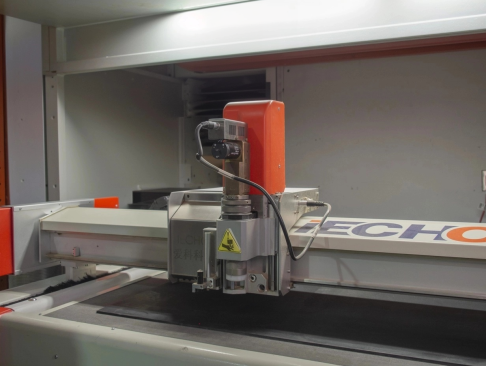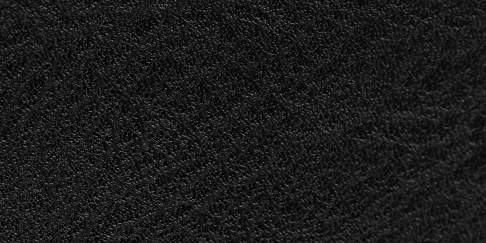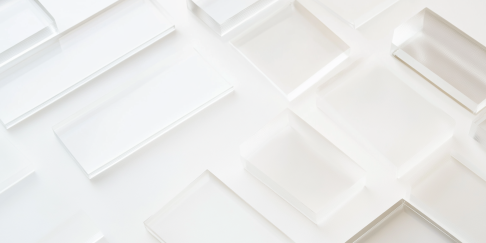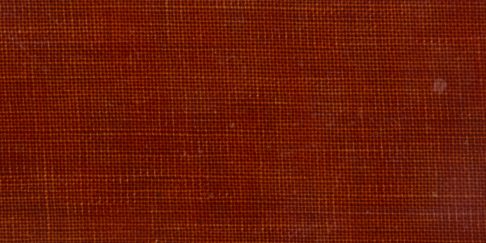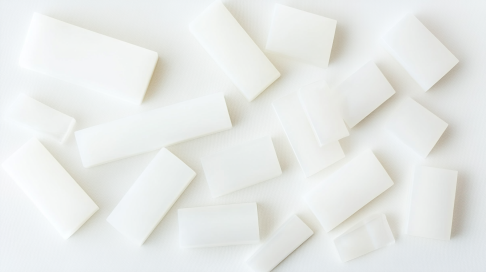Machining subcontractor for over 30 years!
Cork, a natural material with unique properties
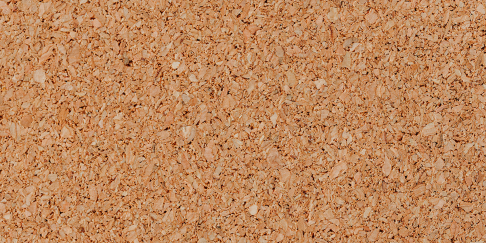
About cork
Cork is a natural material extracted from the bark of the cork oak. Renewable and eco-friendly, it is prized for its insulating properties, lightness, and moisture resistance. Used for centuries, it now finds its place in numerous industrial sectors, ranging from aerospace to construction, as well as packaging and decoration. Its structural integrity and excellent vibration absorption make it a preferred choice for high-precision applications.
Why choose 3D Coupe for machining cork?
We have the expertise and equipment necessary to machine cork with optimal precision while preserving its unique properties. Whether for industrial parts or custom solutions, we are your trusted business partner. Contact us to discuss your project!
Cork Characteristics
Mechanical Performance
- Exceptional lightness: its unique cellular structure gives it extremely low density while maintaining good strength.
- Shock absorption: it is used in industries where reducing vibrations and damping are essential.
Thermal Performance
- Excellent thermal insulation: it limits heat transfer, making environments more energy-efficient.
- Resistance to temperature variations: cork preserves its mechanical and physical properties even under extreme conditions.
Chemical Performance
- Water-repellent and rot-resistant: cork resists moisture and does not easily degrade, even in demanding environments.
- Good chemical resistance: it withstands various chemical agents without significant deterioration.
Practicality
- Easy to work with and machine: cork can be precisely cut, allowing for optimal adaptability.
- 100% eco-friendly and renewable: a responsible choice for companies mindful of their environmental impact.
Cork Uses
Cork is valued in the industry for its insulating and damping properties. It is widely used in aerospace for its vibration performance, in the construction sector for thermal and acoustic insulation, as well as in the manufacturing of seals and gaskets. Its natural and eco-friendly appearance also makes it popular in decoration and furniture.
Popular Comparisons
Is cork water-resistant?
Yes, cork is naturally water-repellent. It repels water and does not rot, making it ideal for applications in humid environments, such as sealing joints or flooring.
What is the difference between cork and EVA foam?
Cork is a natural, renewable, and eco-friendly material, whereas EVA foam is a synthetic polymer. Cork offers better moisture resistance and thermal insulation, while EVA foam is more flexible and lightweight.
How is cork machined?
Cork machining is primarily done through CNC cutting, milling, or laser, depending on the needs. Its cellular structure does not hinder precise machining, allowing for complex and accurate parts.
Is cork a good acoustic insulator?
Yes, cork has excellent sound absorption properties, making it ideal for walls, ceilings, and floors designed to reduce noise.
Cork vs rubber: which one to choose?
Cork is lighter and more eco-friendly than rubber. However, rubber offers better resistance to intense mechanical stress and superior elasticity.
Your specialists in cork machining
We are experts in machining custom cork parts. Contact us for a solution tailored to your industrial and environmental needs!

We drive our clients’ growth through smart, customized subcontracting partnerships.
